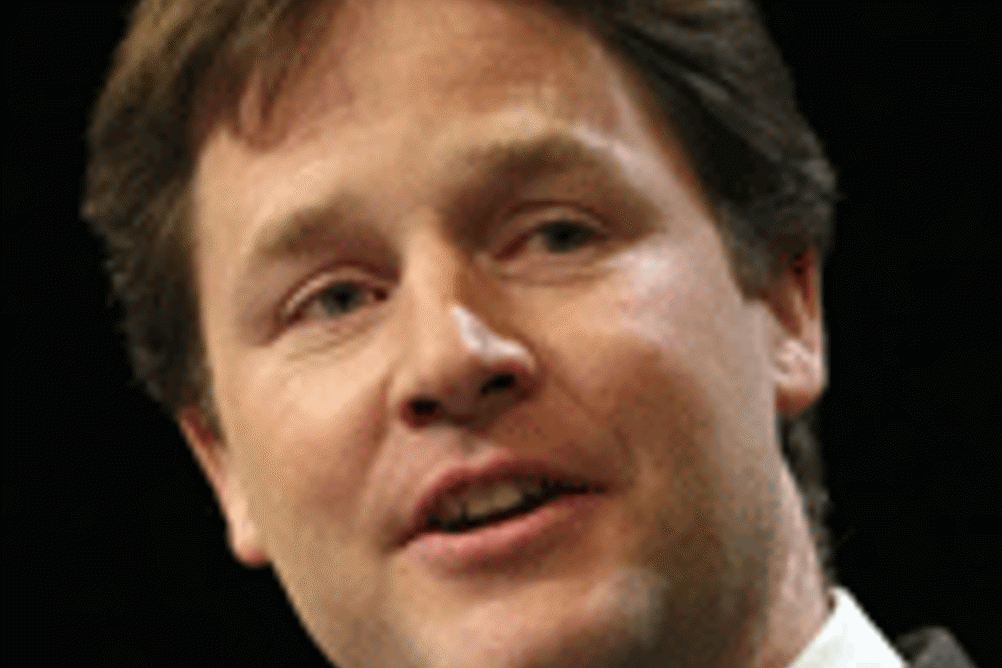
The consultation sets out the suggested eligibility criteria for the second phase of the scheme, which will be extended to 40 per cent of two-year-olds from September 2014.
The DfE is proposing that, in addition to families on low-incomes, two-year-olds should also be entitled to a free nursery place if they have special educational needs or a disability, or if they have been in care and been adopted.
Currently in the first phase of the scheme, local authorities will apply the same eligibility criteria as that used for school-age children's access to free school meals, which is based on whether families are on benefits or have a household income of less than £16,190 a year and do not receive Working Tax Credits. Children in care will also be entitled to places.
Register now to continue reading
Thank you for visiting Nursery World and making use of our archive of more than 35,000 expert features, subject guides, case studies and policy updates. Why not register today and enjoy the following great benefits:
What's included
-
Free access to 4 subscriber-only articles per month
-
Unlimited access to news and opinion
-
Email newsletter providing activity ideas, best practice and breaking news
Already have an account? Sign in here









